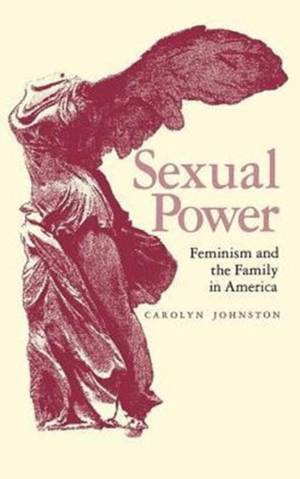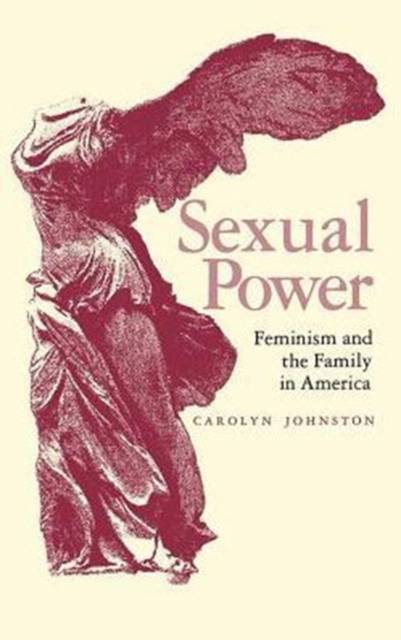
- Afhalen na 1 uur in een winkel met voorraad
- Gratis thuislevering in België vanaf € 30
- Ruim aanbod met 7 miljoen producten
- Afhalen na 1 uur in een winkel met voorraad
- Gratis thuislevering in België vanaf € 30
- Ruim aanbod met 7 miljoen producten
Zoeken
€ 57,45
+ 114 punten
Uitvoering
Omschrijving
Offers an opportunity to view the history of feminism and the family from a fresh perspective Since the early 1970s, scholars have argued, defined, and refined a wide range of interpretations of American women's lives. Despite the richness of the recent literature, few interpretations sufficiently credit women's family and sexual experiences for the emergence of feminism and the construction of pro-family agendas. Thus, Johnston's approach offers an opportunity to view the history of feminism and the family from a fresh perspective. Much of the literature on feminism has focused on women's oppression and victimization, rather than on the power that women historically have exerted. Johnston's interpretation of American feminism differs from previous works because she argues that the gradual growth of feminist consciousness lies not simply in oppression or feelings of victimization, but paradoxically in a growing sense of the empowerment of women as wives and mothers. She traces how reproduction, sexuality, domesticity, and motherhood have been socially constructed, and examines how feminists and anti-feminists have fought on the terrain of "family" issues. Johnston explores critical questions concerning American women's sexual lives. How have women's empowering experiences in the family shaped feminist consciousness and action? How have feminists confronted family issues? How have women exerted sexual power? How was it contained within the limits of patriarchal society at times, while at other times it fueled the fires of feminist rebellion? How have gender and class issues affected domestic politics and feminism?
Specificaties
Betrokkenen
- Auteur(s):
- Uitgeverij:
Inhoud
- Aantal bladzijden:
- 432
- Taal:
- Engels
- Reeks:
Eigenschappen
- Productcode (EAN):
- 9780817312015
- Verschijningsdatum:
- 28/06/2002
- Uitvoering:
- Paperback
- Formaat:
- Trade paperback (VS)
- Afmetingen:
- 160 mm x 232 mm
- Gewicht:
- 666 g

Alleen bij Standaard Boekhandel
+ 114 punten op je klantenkaart van Standaard Boekhandel
Beoordelingen
We publiceren alleen reviews die voldoen aan de voorwaarden voor reviews. Bekijk onze voorwaarden voor reviews.











